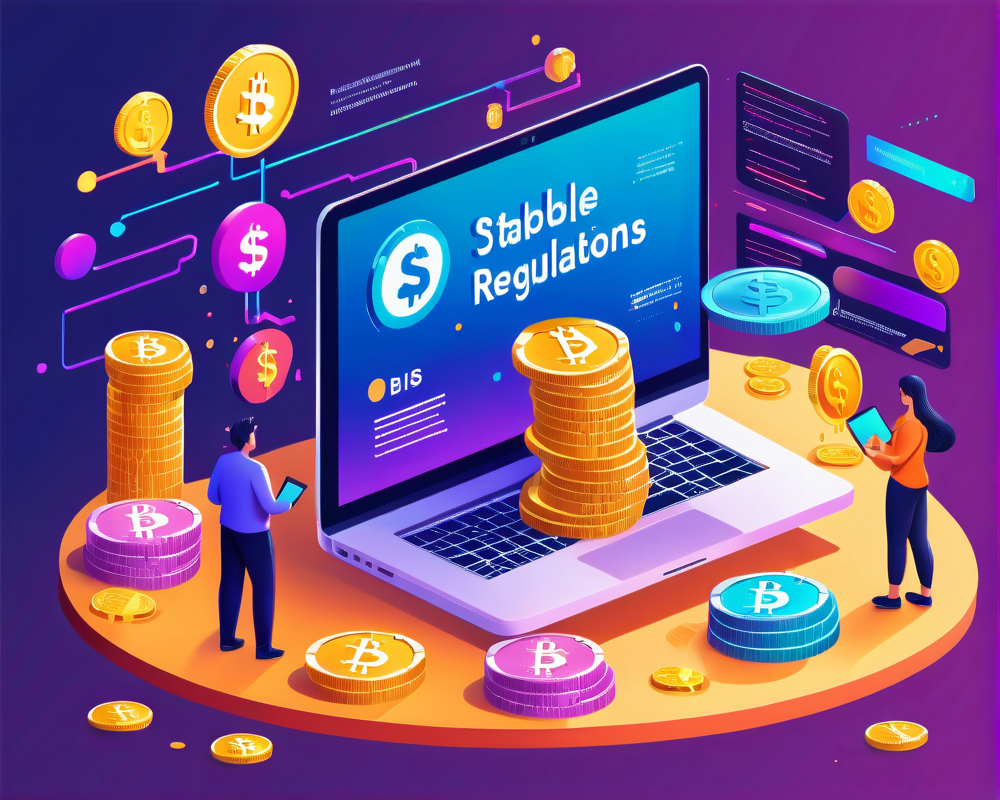The Shift from Speculation to Utility in NFTs
Nonfungible tokens (NFTs) have seen a stratospheric surge in popularity accompanied by sky-high values, giving rise to legitimate and ongoing worries about a market bubble, as many projects lacked real-world application or utility.
The Importance of NFT Utility
NFT utility is an essential component because it adds value and functionality to the technology. One of the most well-known use cases for NFTs is the ownership of digital art pieces like CryptoPunks. Play-to-earn (P2E) gaming has also gained massive popularity in 2021.
NFTs can assist firms in various sectors with their operations since, at their core, they contain evidence of ownership and proof of provenance. In addition, collections have access to a strong branding strategy that works in conjunction with their public image due to granting commercial rights to NFT owners for their assets.
However, the market needs additional use cases for NFT technology to reach mainstream adoption, as it adds value and usefulness to NFTs, helping them to stand out among the crowded digital asset projects.
Challenges Faced by the NFT Market
While the NFT market experienced growth, it has been marred by speculation, especially in PFP (picture-for-proof) projects that garnered huge hype in 2021, but many of these were based on the same hot air that underpinned the boom.
However, as the market has matured, it appears to be shifting toward a focus on utility, with investors becoming more savvy and expecting practical applications for their NFTs. According to Kameshwaran Elangovan, co-founder and chief operations officer at NFT launchpad GuardianLink, he stated:
“People have also grown beyond just thinking about speculative profit. They have started to think about long-term investments. The growing knowledge and awareness about NFTs have, in a lot of beneficial ways, helped the market and the offerings shift towards NFTs that have utilities rather than the ones that just represent a gimmick.”
Real-World Applications
Examples of real-world utility for NFTs include digital ticketing and metaverse real estate. NFT tickets allow users to hold an immutable proof of ownership that can offer additional benefits such as exclusive access to events, while the ownership of virtual land in the metaverse uses NFTs to represent ownership rights.
Ticketing is a promising use case, as NFT tickets hold the potential to combat ticket scalpers while providing event attendees with additional perks like merchandise or experiences linked to the event.
The metaverse real estate market is also emerging, allowing users to purchase virtual land that can be utilized for socializing, gaming, or promoting businesses. But it’s crucial for users to understand the risks involved, such as potential depreciation in value.
Conclusion
Shifting the focus towards the utility of NFTs is poised to bring about transformative changes in the industry, particularly in how NFTs can solve liquidity challenges and provide benefits that resonate with users. While crypto and NFTs will remain attractive to those seeking quick gains, it is this shift towards utility that encourages long-term ownership and investment.
As NFTs transition into more practical applications, they will likely become increasingly mainstream, showcasing the true potential of blockchain technology beyond mere speculation.




